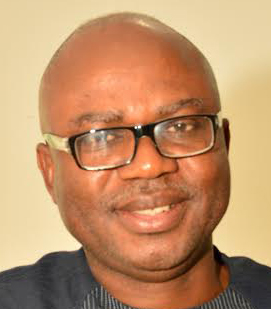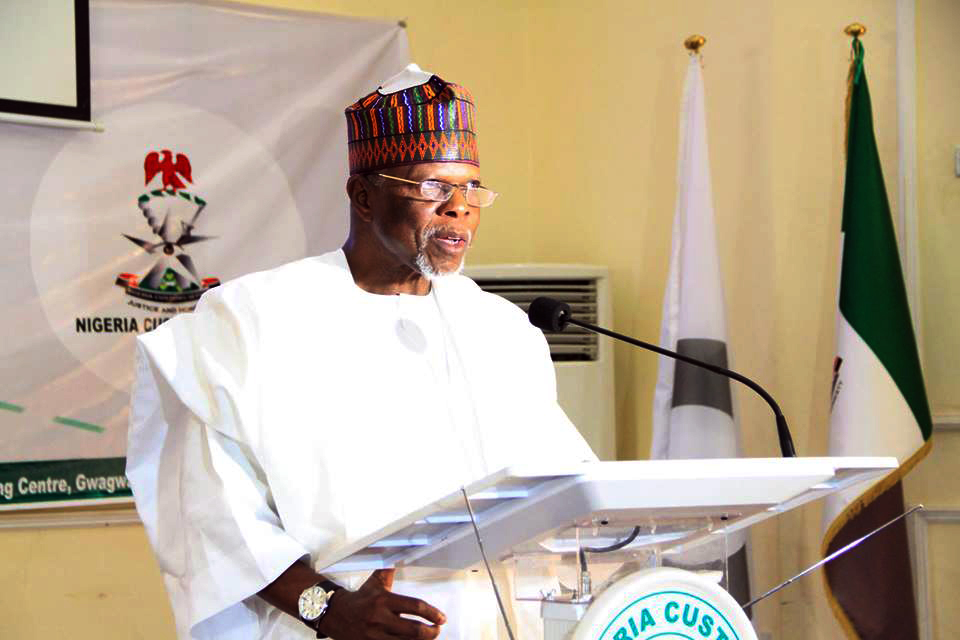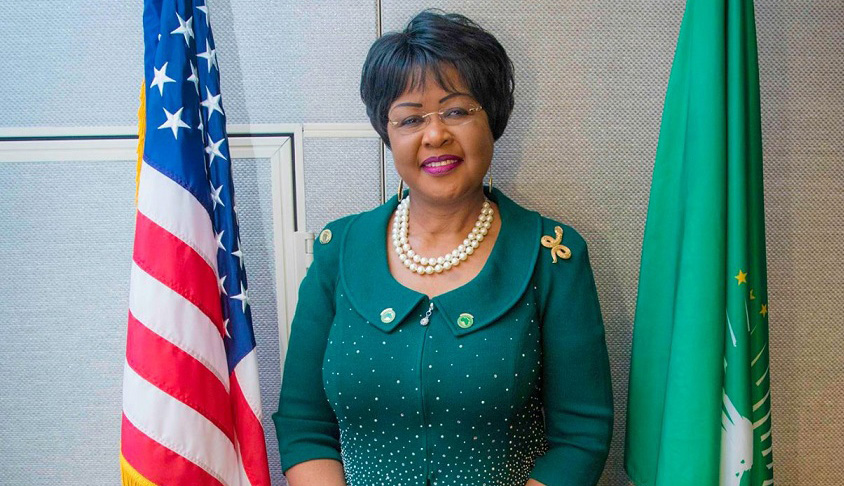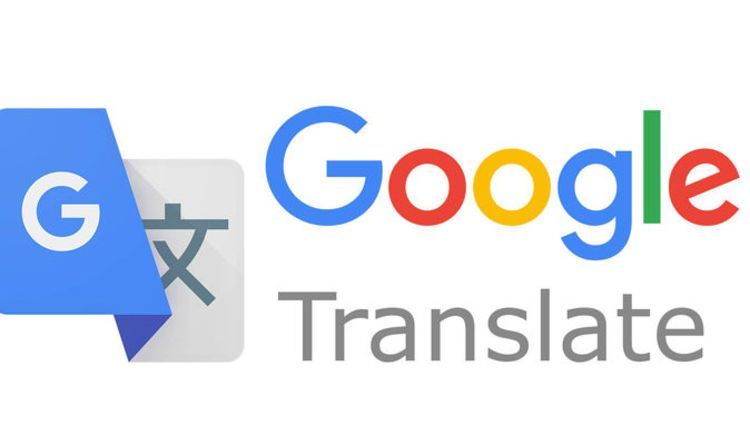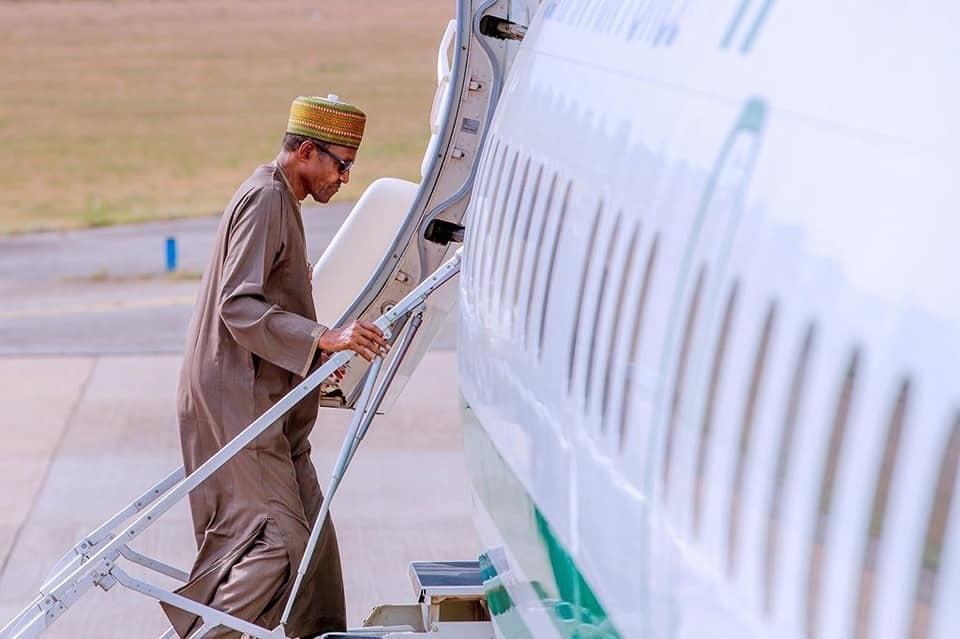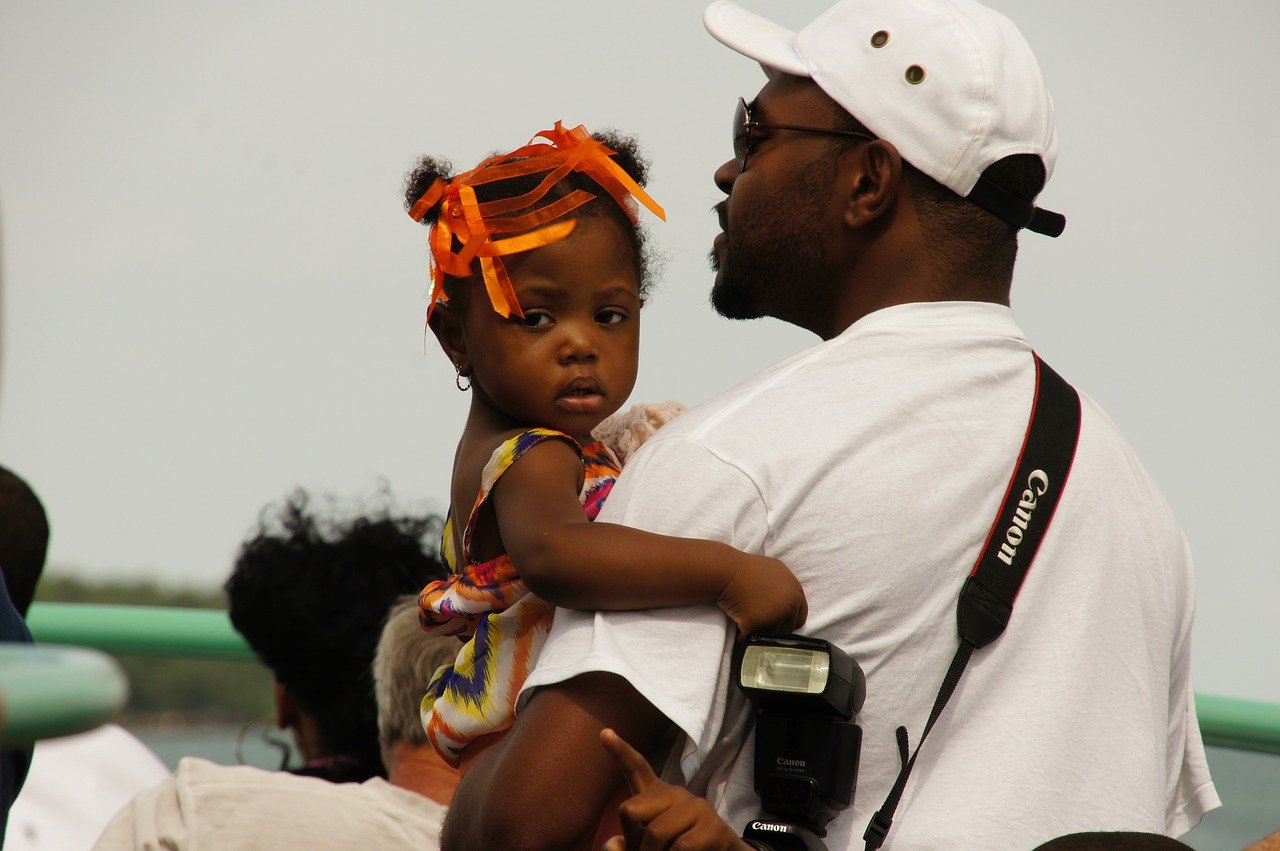Comptroller-general of the Nigeria Customs Service (NCS) Col. Hameed Ali (retd.) stirred the hornet’s nest, last week, by directing customs area controllers at Tin Can Island Port, Apapa, Lagos, to ensure that containers intended for dry ports are first unsealed and examined in Lagos. Non-examination of foreign cargoes destined for inland container terminals, Ali said in the circular dated October 22, “has been largely influenced by illicit activities”; and “in order to curb this illegality” all importations “are to be unsealed, opened, examined to ascertain the contents and resealed before exiting the mother port”.
Ali’s order has irked dry port operators, shippers, freight forwarders and importers who have argued that it makes the existence of inland dry ports (IDPs) meaningless. I agree. Among other setbacks, the treatment of IDPs as bonded terminals is likely to lead to delays and port congestion, cause payment of demurrage by importers, result in multiple screening of same cargoes, render cargoes unsafe (since containers would be opened in the absence of their importers), and hinder foreign direct investments into the country.
I wonder if the customs boss considered these drawbacks before issuing this directive associated only with military administrators. Perhaps he forgot he wasn’t a garrison commander in the army anymore! Had he consulted the stakeholders before ordering the area controllers to “report any breach of the above directives to the headquarters”, Ali could have learned he’s reversing the gains expected from having dry ports in the country. The Customs Service is not the only agency that operates at the ports – it’s not even the lead agency.
I know, however, that Ali’s current move has been prompted by frustration over the lack of a tracking system in place. Less than a year ago, he hinted that the NCS was evaluating different proposals with a view to commencing the electronic cargo tracking system in the country; and he hoped that, by 2019, its enforcement and use would commence.
Advertisement
Undue delays caused by bureaucratic bottlenecks or inefficiency and lack of policy continuity in almost every sector have been a cog in the wheel of the nation’s progress. The cargo tracking note (CTN) was, for instance, first introduced by the Nigerian Ports Authority (NPA) in December 2009 after the Federal Executive Council’s approval. Stakeholders in the maritime industry as well as the organised private sector protested the additional charges the CTN brought. And, on November 9, 2011, President Goodluck Jonathan “approved the abolition of Cargo Tracking Note (CTN) for all shipments into and out of Nigerian seaports with immediate effect”.
When the Nigerian Shippers’ Council (NSC) reintroduced the CTN in July 2015, the stakeholders still resisted it. NSC eventually yielded as opposition mounted. By 2018, however, both the executive secretary of the NSC, Barrister Hassan Bello, and customs boss Ali were expecting CTN’s restoration after widespread consultation with stakeholders including the shippers, Manufacturers Association of Nigeria (MAN), Standards Organisation of Nigeria (SON) and National Agency for Food Drugs Administration and Control (NAFDAC). Bello said:“The Cargo Tracking Note will soon be reintroduced at a very negligible cost. CTN is a security thing because, when we have it, there won’t be smuggling of firearms and all other contraband. Smuggling of contraband won’t happen because everything coming in will be tracked; we will know the weight of the cargo, values and materials used.”
It does not mean that the inputs of stakeholders like the customs are not needed in the supervision of cargoes. But the NSC is the No. 1 stakeholder that initiated the idea of dry ports. The governments of states where they are sited, NCS, Nigerian Railway Corporation, importers and exporters, shipping companies, seaport terminal operators, road transporters, clearing and forwarding agents – they are all stakeholders. When agencies work at cross-purposes, the result is often disastrous. Too many cooks, as they say, spoil the broth!
Advertisement
IDPs deserve every support they can get at this time. Is it not strange that, of all the seven dry ports already in the gazette, only the one in Kaduna has been commissioned? What is needed now is completion of other dry ports and commencement of new ones in other parts of the country. Nigeria is a vast country and its seaport facilities have been over-stretched. Shipping and port services cannot be provided in Lagos, Port Harcourt, Calabar or Warri alone. So far, approvals have been given – and concessionaires named – for IDPs in Ibadan, Aba, Jos, Kano, Funtua, Maiduguri, and Kaduna. Now that Kaduna is working, the concessionaires of the six others should accelerate work on theirs. Indeed, some private-sector operators have proposed the establishment of dry ports also at Dagbolu in Osun State, Lolo in Kebbi State, Onitsha in Anambra State and Ogwashi-Uku in Delta State.In my view, Enugu, Makurdi, Yola and Abuja deserve dry ports too.
Across the world, progressive nations know the benefits. The United States has dry ports in Virginia, Arizona, Texas and a few other states. Canada has at least four. Europe harbours many examples, as does the Asia-pacific region. Australia, India, Pakistan, China, Vietnam, Turkey, Thailand, Russia, Indonesia, Malaysia, Iran and Afghanistan have their dry ports scattered in their hinterlands. African nations including South Africa, Zimbabwe and Uganda have created theirs.Dry ports are meant to remove the pressure on the conventional seaports. Among the advantages are speed in clearance of cargo, reduced traffic bottlenecks, lower transportation costs, lower environmental impact, stimulation of business activities, creation of more jobs, and economic growth and prosperity.
While commissioning the Kaduna Inland Dry Port in January 2018, President Muhammadu Buhari did not lose sight of these gains. He said there would be easy access for the exportation of farm produce from Kaduna as well as neighbouring states and landlocked countries; provision of facilities for processing, packaging and forwarding of exports to customers worldwide without being physically present; elimination of congestion at the seaport and traffic gridlock in the port complex, and consequently reduction of the cost of doing business and transportation.
A typical dry port has all the facilities of a seaport; the only difference is that it is located in the hinterland. It receives containers by rail or road from the seaports for examination and clearance by customs and other competent authorities. The aim is to decongest seaports and make them user-friendly. Dry ports would drive greater interest in reviving and modernizing railways and roads for long-distance haulage.
Advertisement
In view of these advantages, shouldn’t the federal government have prioritized completion of dry ports in more Nigerian towns and cities? It should be a legacy project of the Ministry of Transportation led by Hon. Chibuike Rotimi Amaechi as minister.
Customs CG Ali should reverse his directive immediately. For now, customs officials at Tin Can should scan cargoes but not to unseal them before they arrive at any IDP. Consignments could be escorted by customs operatives, but it is the responsibility of IDP personnel to ensure that required documentations for cargoes are concluded and certified at their final destinations. If unnecessary obstacles are placed in the way of importers and exporters now eager to use Kaduna or waiting for new dry ports, other concessionaires might become discouraged. Nobody wants that now.
Minister Amaechi would do well to quickly remove all impediments to CTN’s reintroduction. Had it been restored as planned, Ali wouldn’t have issued the directive to unseal and examine cargoes going to dry ports. By now, the security functions of government at the ports would have been enhanced. There would have been instantaneous information and statistics, much more revenue collection and easier international trade.
Nwamu, an entrepreneur, is the CEO of Eyeway.ng
Advertisement
+234-8054100220 (SMS/WhatsApp only)
Advertisement
Views expressed by contributors are strictly personal and not of TheCable.
Add a comment
